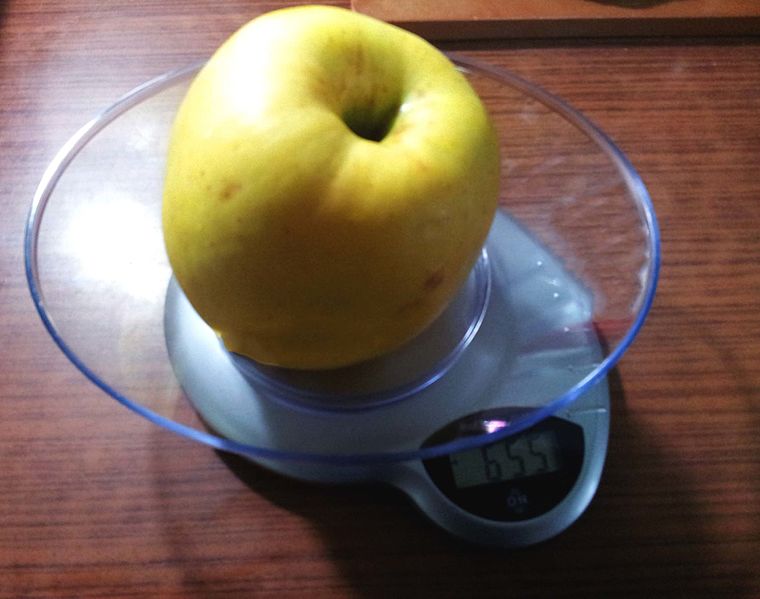From serious issues like opposition to vaccines to more trivial ones, like a bizarre increase in flat-earther conspiracy theories, it seems in recent years that skepticism of science has been on the rise.
One of the more dangerous anti-science movements is the anti-genetically modified organism movement. Scientists have been making tremendous strides in genetic modification, and groups like Greenpeace have prominently opposed it.
To be fair, not all protesters are conspiracy theorists; some are concerned with issues like the patenting of crops. This is not an opposition to GMOs per se, but rather an opposition to capitalism.However, much of the opposition has been based on pseudoscience, or fake science, claiming that GMOs are harmful and need to be restricted. This is reminiscent of the old conspiracy theories surrounding fluoridated water.
Despite what these groups have said, GMOs have consistently been found to be safe. According to the Genetic Literacy Project, the vast majority of 2,200 scientific studies have found GMOs to be safe and nearly 300 scientific organizations have found them to be safe.
This is not surprising as GMOs are not really a new invention. Virtually every food you eat has been genetically modified – just not in a lab.
There are not seedless fruits in nature, nor are there toy dog breeds or domesticated animals. Wild bananas have so many seeds that you cannot eat them and wild carrots are not orange.
Genetic modification simply speeds along the process. Actions that once took generations can now be done in a lab with 100 percent accuracy and control over the process.
For many this is an innovation that is desperately needed. Genetically modified foods can be engineered to produce higher yields, contain additional nutrients or have a natural resistance to disease or insects.
One particularly noteworthy example is golden rice. Unlike regular rice, golden rice has been engineered to help stop vitamin A deficiency, a preventable condition affecting millions of people worldwide.
According to NPR, just a single bowl of golden rice can provide 60 percent of the daily requirement of vitamin A for children. Golden rice could be the difference between blindness and healthy sight for many poor farmers.
What was the response of anti-GMO extremists? According to Mark Lynas of Slate, Greenpeace – who falsely claim GMOs are unsafe for human consumption – first bussed in a group of farmers. Then, using them as cover, proceeded to destroy an entire field of golden rice.
This is not OK, and it is actively dangerous. It is one thing to have a broad critique of how biotechnology companies operate, and it is another thing entirely to make false claims and destroy valuable research aimed at preventing death and illness.
With all of this incredible work being done in the field of genetic modification, it is important to counter the fake news with facts. GMOs are an amazing tool that can help solve many of the problems humanity is facing, both here and around the world.
Eric Cunningham is a senior journalism major from Hickory, North Carolina. You can follow him on Twitter at @DEricCunningham
Photo courtesy of Делфина, taken from Wikimedia Commons

